Trade
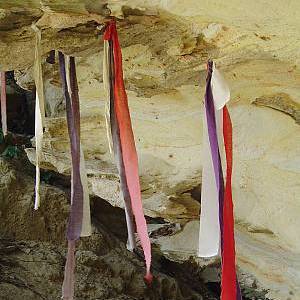
Mijikenda textiles
Words are historical ar
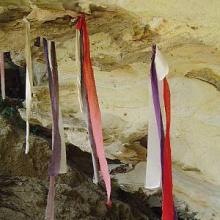
Short Teaching Module: Precolonial Kenya, a Small-Scale History
World historians like to focus on large-scale interactions between d
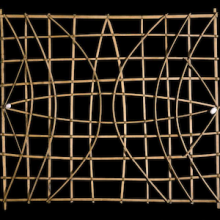
Short Teaching Module: History of the Pacific Ocean
Scholars of Pacific history explore how people build lives dependent on the ocean, how maritime connections create communities, and how humans and the environment shape each other.
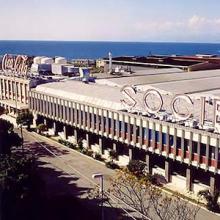
Short Teaching Module: Business History and Multilocal Approaches to World History
Globalization has meant not only greater cultural homogeniz
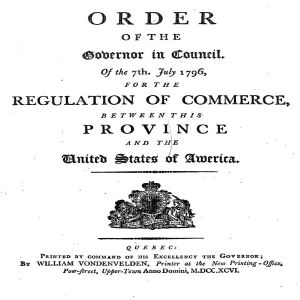
Quebec Order, 7 July 1796
Only a few years after the ratification of the United States Constitution in 1788 and following the peace treaty signed between the U.S.
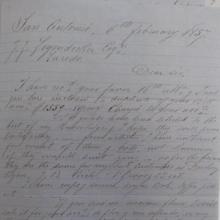
Short Teaching Module: Connecting Local and Global History via Mercantile Networks
European merchants spread throughout the world seeking new markets. In doing so, they actively connected remote localities to global networks across multiple continents.
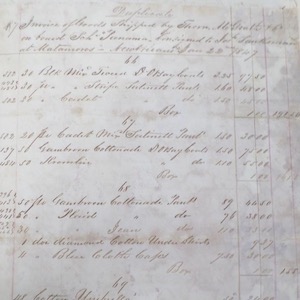
Invoice of goods shipped from New Orleans to Matamoros, Mexico in 1847
This image is of an invoice of items shipped from an English firm in New Orleans, Thorn & McGrath, to José San Román in Matamoros, Mexico. It consists primarily of men’s clothing. Studying this invoice gives us a significant insight into how European networks drew the local into the global.
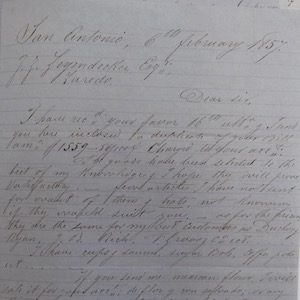
Francois Guilbeau letter on Loredo trade
This source is a favor letter, one of the most common forms of communication among merchants along the Rio Grande in the nineteenth century.

Short Teaching Module: Using Ships as Guides for Transnational Adventures through World History
Ships travel across oceans and in doing so connect people in disparate places across the globe. In this essay, Brandon Tachco explains how a focus on ships as a theme can add much to the study of world history.

Chinese Junk, early 18th century
Junks encompass a range of different ships that were essential for maritime trade in East Asia, Southeast Asia, and the Indian Ocean for centuries. Original junks built in China were likely inspired by the design of ships visiting Chinese ports from Austronesia and Southeast Asian archipelagos.